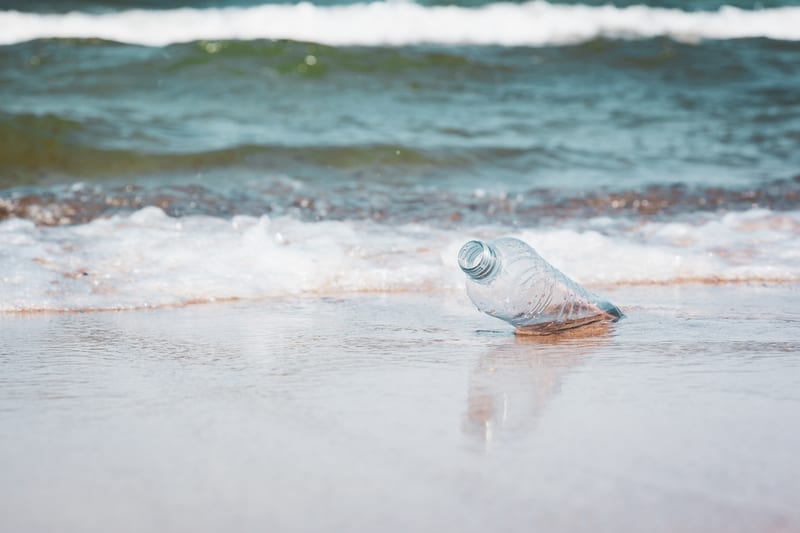Prominent Trenton business leader, Tom Szaky, recently spoke at the “Trenton Economic Development Series” hosted by the Princeton Regional Chamber of Commerce. Szaky has innovative ideas not just for his company, Terracycle, but also for the global environment.
Along with his business endeavors, Szaky addresses the looming problem of waste management that worsens with every plastic product thrown away.
“25 percent of plastic ends up in our oceans. Only two percent of plastic around the world is recycled and that number has been decreasing,” Szaky explained, “and the remaining plastic is sent to landfills or incinerated.”
Although ocean plastic is more expensive compared to other plastics, Terracycle finds the purpose in reusing it. Terracycle couldn’t be a global organization without purpose. By injecting purpose into their products, they are making a profit while also helping the environment.
The company designed the first ever shampoo bottle made of ocean plastics. What’s even more amazing is that it is a dark grey bottle — something that’s never happened in Head and Shoulders history.
Szaky talks about “urban mining,” which is a practice that seems to be sweeping the mining industry. It’s described by urbanmining.org as “the process of reclaiming compounds and elements from products, buildings and waste.”
“There’s other values in waste beyond the material value,” says Szaky.
Looking past the physical appearance of garbage and recreating it into a usable product is Terracycle’s specialty. The company runs free recycling programs across the country where qualified participant groups can collect rigid plastics along waterways and ship their waste back to Terracycle to be melted down.
Terracycle is also known for its convenient recycling program aimed at eliminating waste. Businesses can order a small, medium, or large “zero waste box” and collect different waste streams such as aluminum cans, office supplies and more. Then businesses will ship it back to Terracycle and have it recycled back into new products.
Besides reducing plastic and other waste streams, Szaky went on to emphasize the importance of stopping carbon emissions by eliminating meat in our diets.
Brittney Portes, a sophomore environmental science major at Marist College, recently had to break her eating habits and switch to a plant-based diet because of an ongoing battle with her autoimmune disease. “I have come to realize life is a balance, and when we treat our bodies well, along with the environment, it treats us well back,” she said.
Although she had difficulty wiping meat off her palate, Brittney has found that she doesn’t crave meat anymore and it makes her happy knowing her body and the environment are benefiting from her choices.
Szaky points out that if everyone changed their eating habits, it would at least be a start to reducing climate change effects.
“There are 10 times more kilograms of beef than people. Think about that. If you change your habits, huge repercussions can occur,” said Szaky.
After attending the Breakfast Series, Major Elijah Kahn, Corps Officer at the Salvation Army, left with a powerful message in mind: “There is something all of us can do to make the planet a better place for us and future generations. I have a new perspective of recycling not as a liability, but as an opportunity.”





